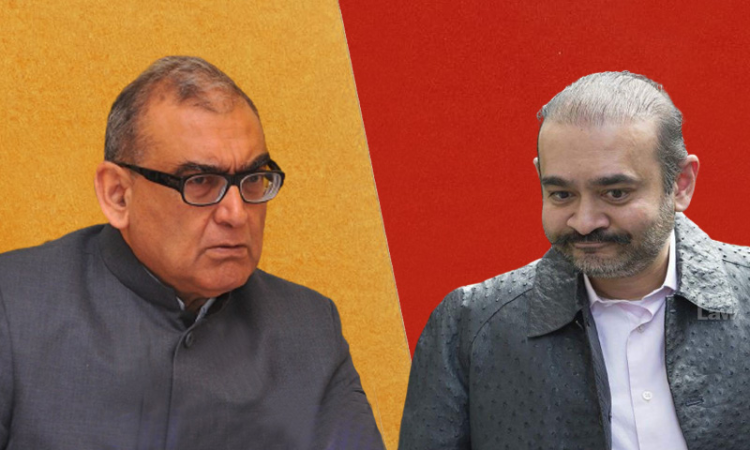UK Court Rejects Justice Katju's Opinion Against Indian Judiciary In Nirav Modi Extradition Case
Manu Sebastian
25 Feb 2021 7:28 PM IST

Next Story
25 Feb 2021 7:28 PM IST
While rejecting Nirav Modi's challenge to the extradition request of Government of India in the Rs 14,000 crore PNB fraud case, a court in the United Kingdom discarded the opinon given by former Supreme Court judge Justice Markandey Katju regarding chances of fair trial rights being denied to the fugitive diamond merchant on account of lack of judicial independence.Justice Katju had...
